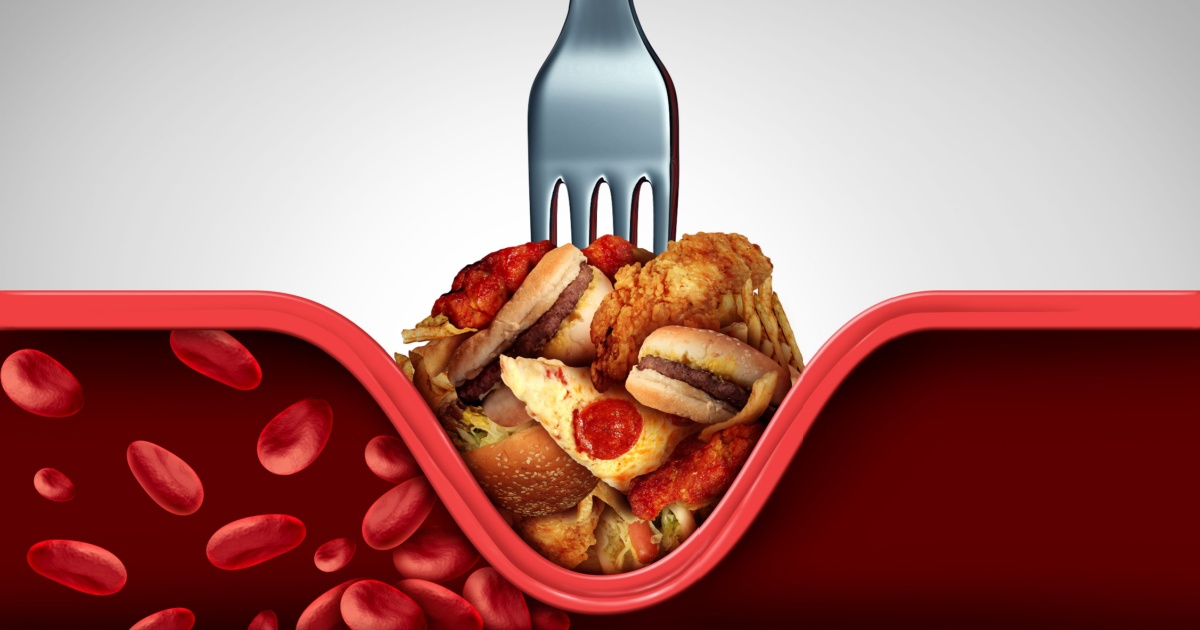High cholesterol continues to be a health issue for many, with serious implications for heart health. Health experts consistently bring up the importance of making dietary adjustments and using medical interventions to manage levels effectively. While some foods can help lower cholesterol, others only make it worse. Fats are imperative in this equation, as Meghann Featherstun, RD and clinical dietitian puts it, “the distinction between “bad” saturated fats and “good” unsaturated fats is crucial, as the former raises LDL cholesterol, while the latter can help lower it.”1
Navigating the Dietary Landscape
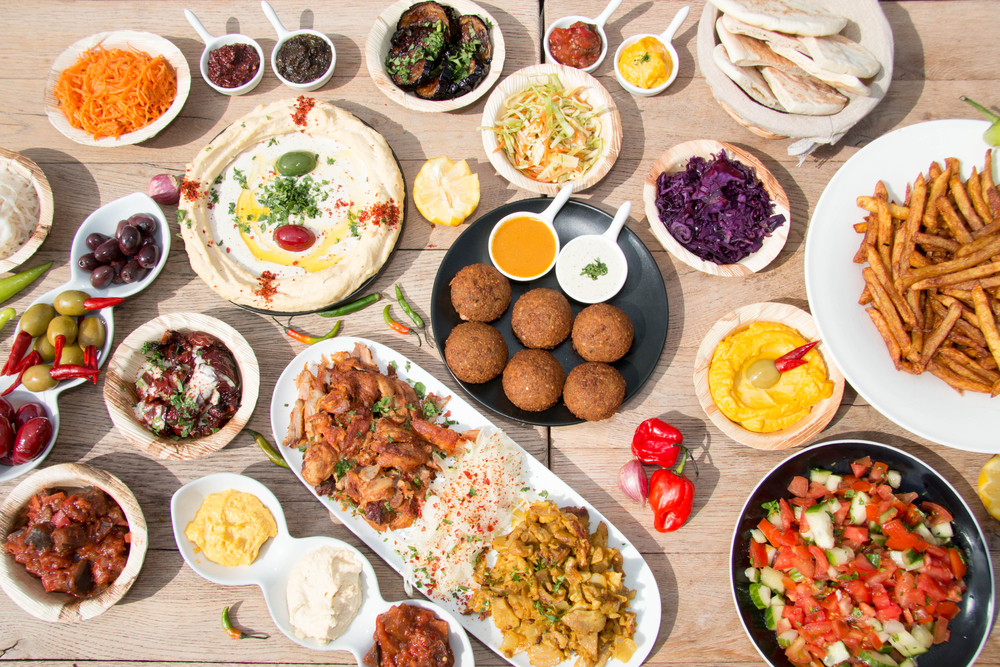
The National Heart, Lung, and Blood Institute’s Therapeutic Lifestyle Changes diet (yes, it’s a mouthful of a name) helps provide guidance on how much fat intake should take place, and recommends that less than 7% of all daily calories should come from saturated or trans fats. Understanding your current cholesterol levels is also important; for instance, a cholesterol level below 40 mg/dL for men and 50 mg/dL for women increases the risk of heart disease. Be sure to get a baseline measurement for yourself to know where you’re at and where you should be.
Read More: 4 Potential Health Benefits of Okra (Cholesterol, Blood Sugar and More)
Foods to Avoid
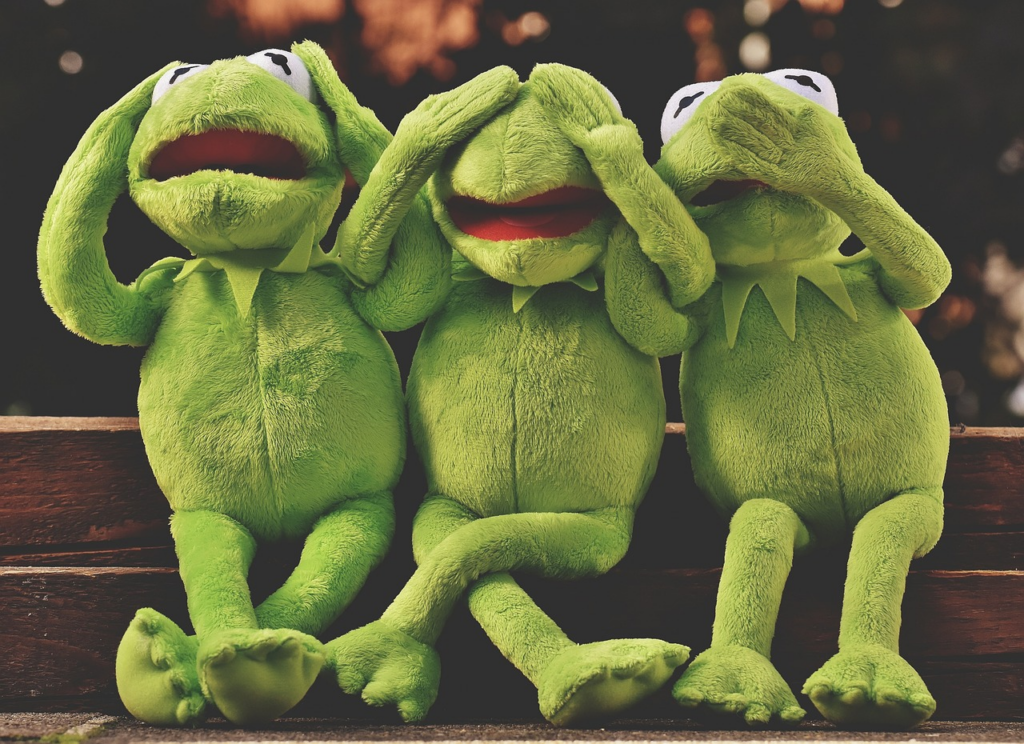
Certain foods can significantly contribute to high cholesterol levels. Fried foods, including popular items like onion rings and chicken wings, are covered with unhealthy fats (devastating news, we know). Processed meats like bacon and sausage are also high in cholesterol and saturated fat, making them detrimental to your heart health.2
Red Meat
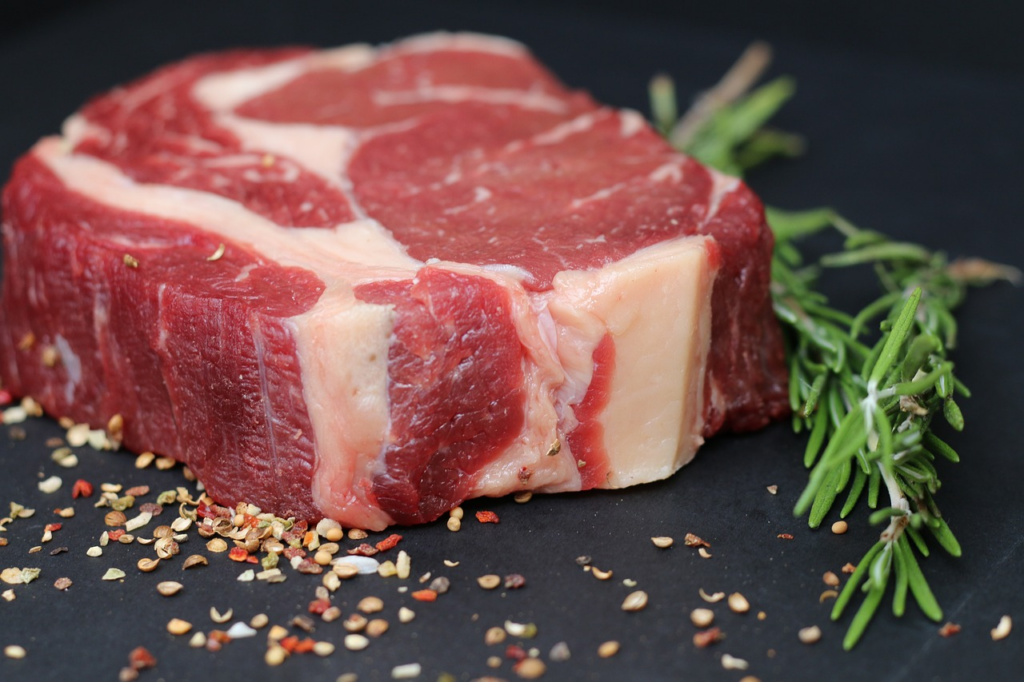
Eating red meat, especially fatty cuts, poses risks due to its high saturated fat content. Experts recommend limiting red meat intake and keeping it to leaner cuts, also to opt for better alternatives for protein like fish and beans.
Fried Foods and Processed Meats
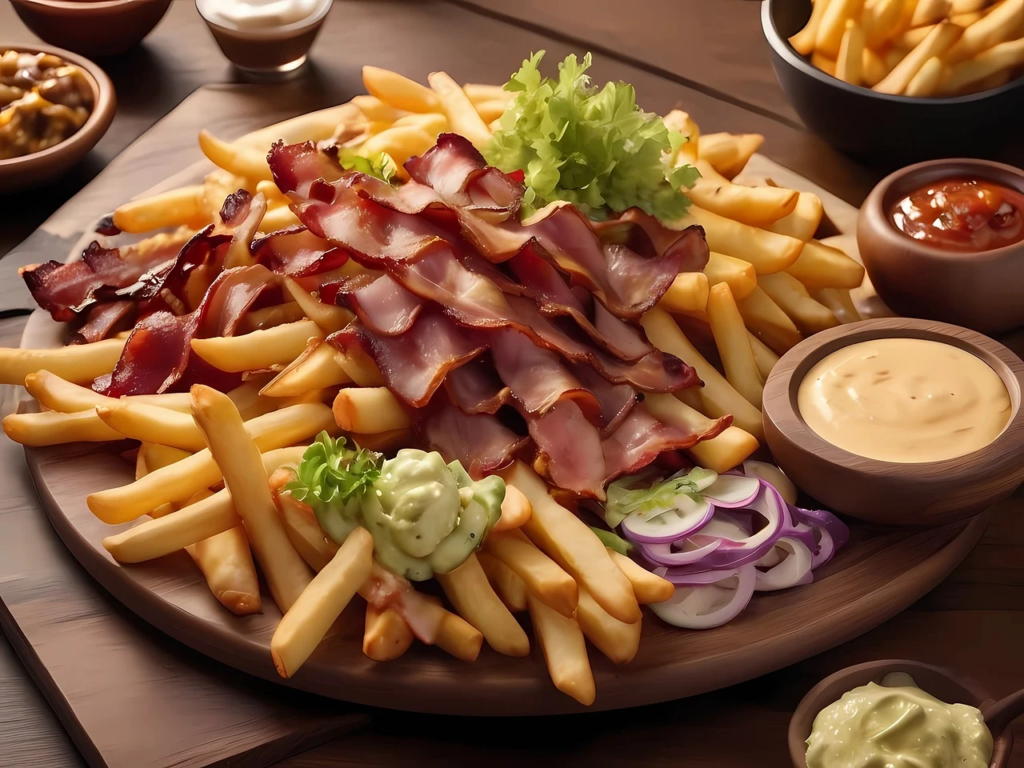
Frying food immediately increases its caloric density and often is done using unhealthy oils that are high in trans fats. Additionally, processed meats, although convenient, have been associated with an increased risk of heart disease due to their high sodium levels and saturated fat content.3
Read More: How to Help Lower Cholesterol Without Medication
Baked Goods
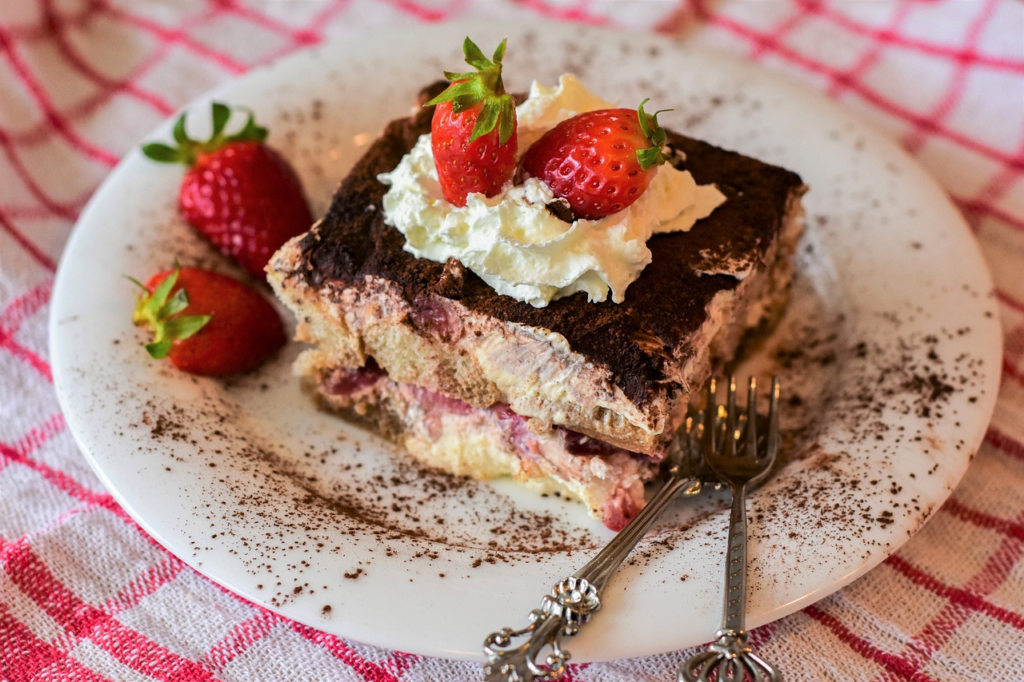
Having a cookie every so often is one thing, but consistently having cakes and pastries can lead to elevated cholesterol levels because of their high fat and sugar content. For those trying to be more health-conscious, individuals are encouraged to explore healthier baking alternatives.4
Healthy Alternatives for Heart Health
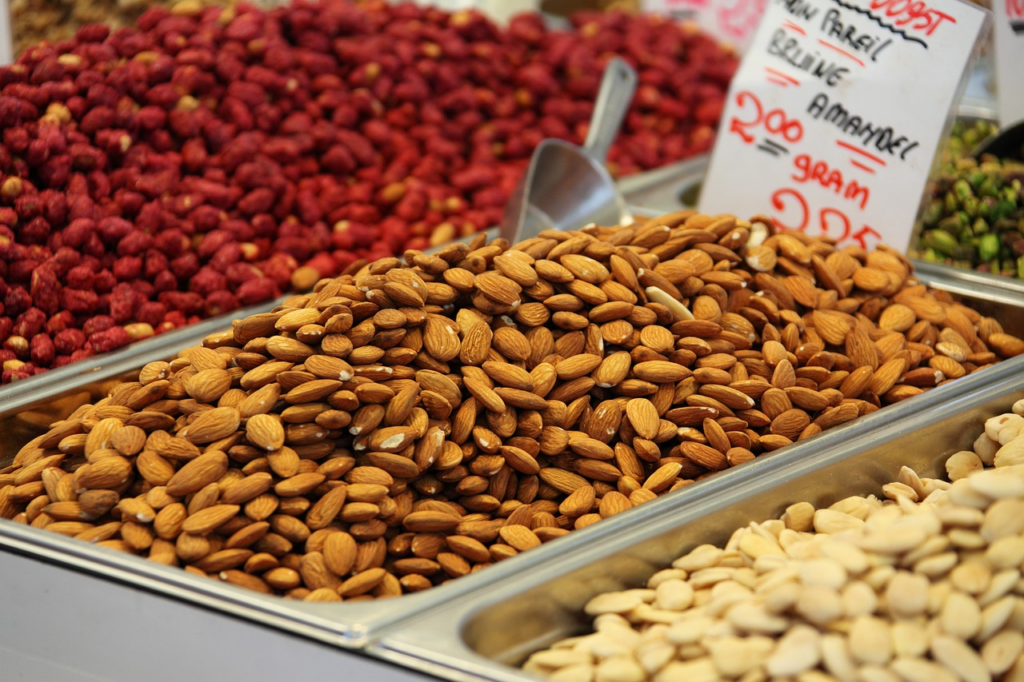
In light of these cholesterol traps, experts recommend incorporating foods into one’s diet with lower cholesterol levels to balance things out. Plant stanols and sterols, found in nuts and seeds, can help reduce cholesterol. They are also, consuming monounsaturated and polyunsaturated fats found in fish, nuts, and olive oil offer heart-healthy, better alternatives for fat intake.
Conclusion

Keeping your cholesterol levels in check is vital for your cardiovascular health. Be sure to try and avoid these foods to mitigate the risk of heart disease. Embrace a diet rich in cholesterol-lowering foods and be mindful of your fat consumption so you can enjoy a better sense of well-being and overall heart health. As Dr. Elizabeth Klodas puts it, “Prioritizing dietary modifications can serve as a proactive approach to managing cholesterol levels and safeguarding heart health.”
Read More: 9 Foods You May Have To Stop Eating As You Get Older
Sources
- “4 foods not to eat if you have high cholesterol.” Harvard. June 22, 2023
- “Best and Worst Foods for People With High Cholesterol.” Everyday Health. September 13, 2017.
- “The 10 Worst Foods for Your Cholesterol.” The Healthy. Jill Waldbieser. April 17, 2024.
- “A cardiologist shares the 4 worst foods for high cholesterol—and what she eats to keep her ‘heart healthy’.” CNBC. Dr. Elizabeth Klodas. December 30, 2022
